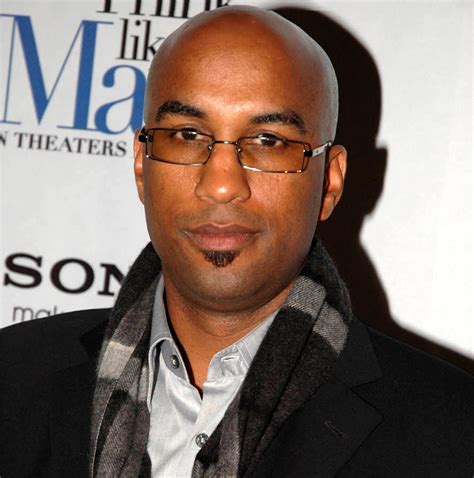A Quote by Michelle Richmond
Every story is flawed, every story is subject to change. Even after it is set down to print, between covers of a book, a story is not immune to alteration. People can go on telling it in their own way, remembering it the way they want. And in each telling the ending may change, or even the beginning. Inevitably, in some cases it will be worse, and in others it just might be better. A story, after all, does not only belong to the one who is telling it. It belongs, in equal measure, to the one who is listening.
Related Quotes
I would like to believe this is a story I’m telling. I need to believe it. I must believe it. Those who can believe that such stories are only stories have a better chance. If it’s a story I’m telling, then I have control over the ending. Then there will be an ending, to the story, and real life will come after it. I can pick up where I left off.
I think that people have to have a story. When you tell a story, most people are not good storytellers because they think it's about them. You have to make your story, whatever story it is you're telling, their story. So you have to get good at telling a story so they can identify themselves in your story.
If the point of life is the same as the point of a story, the point of life is character transformation. If I got any comfort as I set out on my first story, it was that in nearly every story, the protagonist is transformed. He's a jerk at the beginning and nice at the end, or a coward at the beginning and brave at the end. If the character doesn't change, the story hasn't happened yet. And if story is derived from real life, if story is just condensed version of life then life itself may be designed to change us so that we evolve from one kind of person to another.
I think when people begin to tell their stories, everything changes, because not only are you legitimized in the telling of your story and are you found, literally, like you matter, you exist in the telling of your story, but when you hear your story be told, you suddenly exist in community and with others.
I think when people begin to tell their stories, everything changes, because not only are you legitimised in the telling of your story and are you found, literally, like you matter, you exist in the telling of your story, but when you hear your story be told, you suddenly exist in community and with others.
Since each story presents its own technical problems, obviously one can't generalize about them on a two-times-two-equals-four basis. Finding the right form for your story is simply to realize the most natural way of telling the story. The test of whether or not a writer has defined the natural shape of his story is just this: After reading it, can you imagine it differently, or does it silence your imagination and seem to you absolute and final? As an orange is final. As an orange is something nature has made just right.
Well, let’s start with the maxim that the best writing is understated, meaning it’s not full of flourishes and semaphores and tap dancing and vocabulary dumps that get in the way of the story you are telling. Once you accept that, what are you left with? You are left with the story you are telling.
The story you are telling is only as good as the information in it: things you elicit, or things you observe, that make a narrative come alive; things that support your point not just through assertion, but through example; quotes that don’t just convey information, but also personality.
Even if it’s a dumb story, telling it changes people just the slightest little bit, just as living the story changes me. An infinitesimal change. And that infinetisimal change ripples outward —ever smaller but everlasting. I will get forgotten, but the stories will last. And so we all matter —maybe less than a lot, but always more than none.
When an acting teacher tells a student 'that wasn't honest work' or 'that didn't seem real,' what does this mean? In life, we are rarely 'truthful' or 'honest' or 'real'. And characters in plays are almost never 'truthful' or 'honest' or 'real'. What exactly do teachers even mean by these words? A more useful question is: What is the story the actor was telling in their work? An actor is always telling a story. We all are telling stories, all the time. Story: that is what it is all about.



































